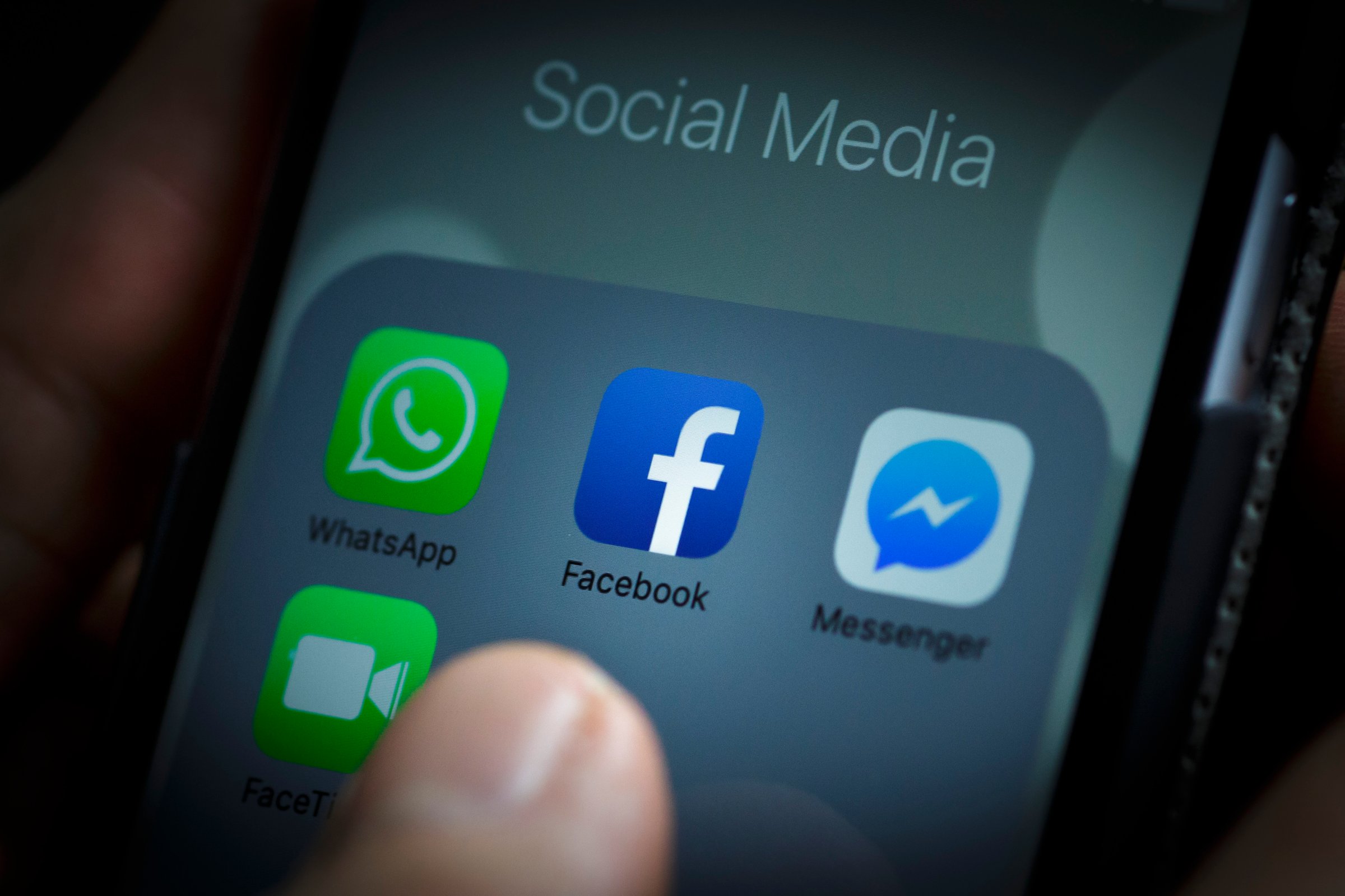
Facebook’s monetization strategy for its chat app Messenger could lie in advertising—like the rest of its business.
The social media giant is reportedly planning to start slipping ads in messages between users and businesses in Q2 2016, according to documents obtained by TechCrunch. According to the documents, businesses will only be able to send ads to users who are already conversing with them via the chat service, presumably a way to ensure that they are indeed interested in that business and its offerings.
Messenger now has more than 800 million monthly active users, Messenger chief Dave Marcus revealed in January.
As a way to help businesses open those channels of communication (and advertising), the leaked documents reveal that Facebook has build a web URL short code custom to each business. When a user clicks or taps on the link, it opens a Messenger chat with that specific business. It’s like a phone number, but for Messenger chats. Though Facebook isn’t commenting on the short code, it is live at the moment, and it appears some businesses are already experimenting with it.
The fact that Facebook is requiring businesses to already have a conversation going with a user in order to send them an ads signals that the company is more than aware of how easily it could enrage its users. Messenger is already a fairly intimate communication tool (at least for a lot of people), and allowing businesses to spam users could be very damaging. This also means it could likely charge a lot for these ads given the highly targeted and direct context.
None of this is of course all that surprising. Facebook began to lay the groundwork almost a year ago when it announced at its annual developer conference in San Francisco that it would allow businesses to communicate with people and customers through Messenger. Since then, it’s added features like a button on business pages that lets users send a message via Messenger to that business in order to facilitate those user-business communications.
Messenger is also experimenting with “chat bots,” software programs that interact with users inside the messaging app similar to human conversations, which could help uses with shopping and booking services. Assist, for example, is one such bot available on Messenger, which touts itself as helping users handle everything from sending a flower delivery, to booking a hotel, and ordering an Uber or Lyft ride.
A Facebook spokesman declined to comment on the advertising plans. It’s also not clear whether it has similar plans for messaging app Whatsapp, which Facebook acquired for roughly $19 billion in early 2014, though Facebook CEO Mark Zuckerberg has said in the past that it’s not a monetization strategy he believes is best suited to Whatsapp.
More Must-Reads from TIME
- Why Biden Dropped Out
- Ukraine’s Plan to Survive Trump
- The Rise of a New Kind of Parenting Guru
- The Chaos and Commotion of the RNC in Photos
- Why We All Have a Stake in Twisters’ Success
- 8 Eating Habits That Actually Improve Your Sleep
- Welcome to the Noah Lyles Olympics
- Get Our Paris Olympics Newsletter in Your Inbox
Contact us at letters@time.com